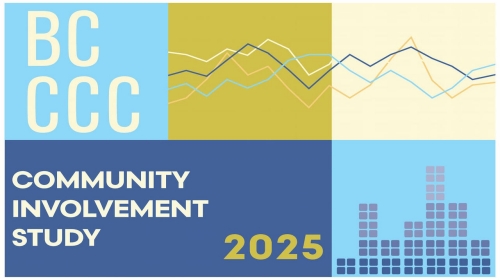RESEARCH BRIEF - Researchers investigated how ESG activities help or hurt financial performance, using nine years of data from over 1,200 global companies.
Successful collaboration with investor relations

Publicly listed corporations consistently rank shareholders as a top prioritized stakeholder group, as investors hold considerable leverage over the long-term trajectory of a business.
However, there tends to be a divide between the investor relations department and their counterparts in corporate citizenship. We could attribute this disconnect to a number of factors, for example, the understood business value of corporate citizenship is a relatively recent development and still a challenge in some organizations.
However, the coming years will likely see a shift that aligns corporate citizenship and investor relations, who are poised to become close collaborators. State Street Global Advisors has reported that nearly 80 percent of institutional investors have integrated environmental, social, and governance (ESG) components into their investment strategies.[1] As companies continue to receive an increasing amount of requests from shareholders for transparency around ESG-related data, corporate citizenship and investor relation teams will have to work together.
As the market for socially responsible investment has grown significantly over the past decade, strong relationships between investor relations and corporate citizenship professionals have never been more important. According to the U.S. Forum for Sustainable and Responsible Investment 2018 Trends Report, climate change, labor and equal employment opportunity, human rights, and sustainability reporting were among the leading ESG issues for shareholder proposals in the United States last year. These issues require collaboration among departments to successfully measure and collect ESG-related company data to deliver comprehensive responses that will satisfy shareholder demands.
In addition to responding to shareholder demands, successful collaboration with investor relations can also have a positive impact on the corporate citizenship team by integrating corporate citizenship programs into the overarching business strategy of the company. Key areas of investor relations where corporate citizenship professionals can look to collaborate strategically include:
- ESG disclosure (e.g., CDP, GRI, DJSI, IIRC, etc.);
- Annual corporate citizenship or sustainability reports;
- Voluntary external communications; and
- Presentations to the board
[1] State Street Global Advisors. 2018. ESG Institutional Investor Survey. Source: https://www.ssga.com/investment-topics/environmental-social-governance/2018/04/esg-institutional-investor-survey.pdf
Related Content
RESEARCH BRIEF - Researchers analyzed 4 US energy exchange-traded funds (ETFs) over 15 years, including 2 dirty energy funds tracking fossil fuel companies and 2 clean energy funds tracking renewable energy companies.
RESEARCH BRIEF - Researchers conducted a survey, which measured perceptions of CSR and ethical leadership within the manufacturing and service industries.
WEBINAR: This webinar explores how corporate giving will be reshaped by the One Big Beautiful Bill. Hear directly from corporate citizenship leaders as they share innovative, real-world strategies that deliver impact for communities and results for business.
This study explores shifting trends in employee volunteering, corporate giving, and other means of corporate community involvement.
This guidebook offers insights on placing employees in nonprofit board service roles.
This Member Meetup focused on strategies for building compelling business cases for corporate social responsibility initiatives. Two organizations shared their approaches to securing leadership buy-in and funding for CSR programs by anchoring requests in business strategy, quantifying value, and crafting persuasive narratives.
RESEARCH BRIEF - To examine whether CSR Activities affect Long-term Stock Returns, researchers studied 6971 observations of common stock of Japanese firms operating globally, along with accounting data and ownership data.








